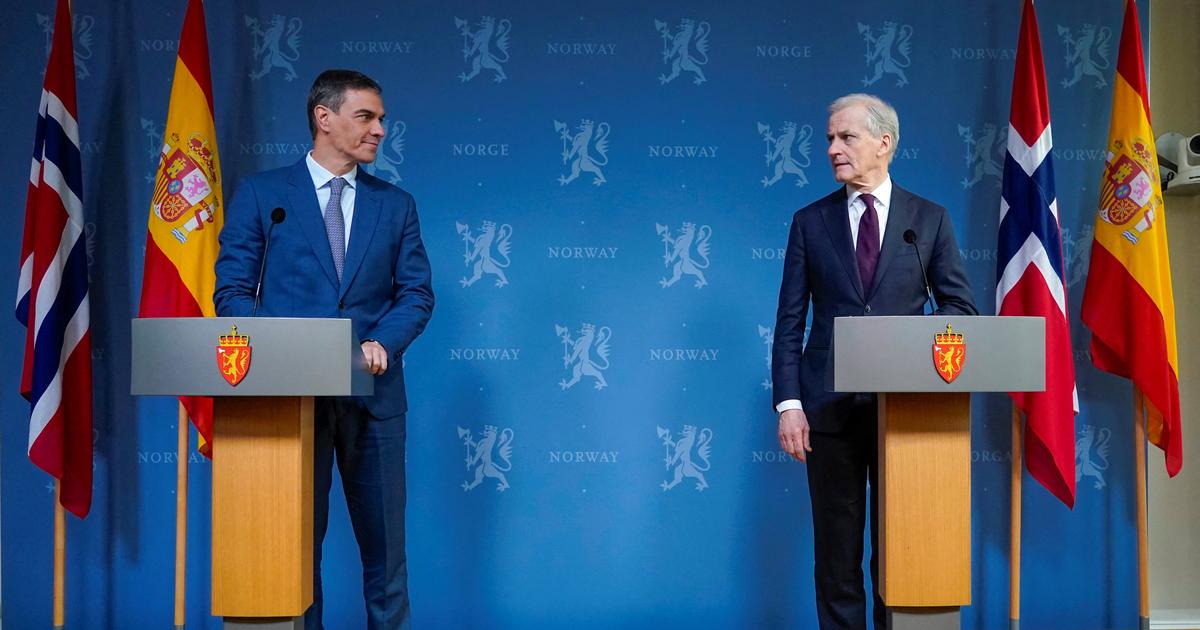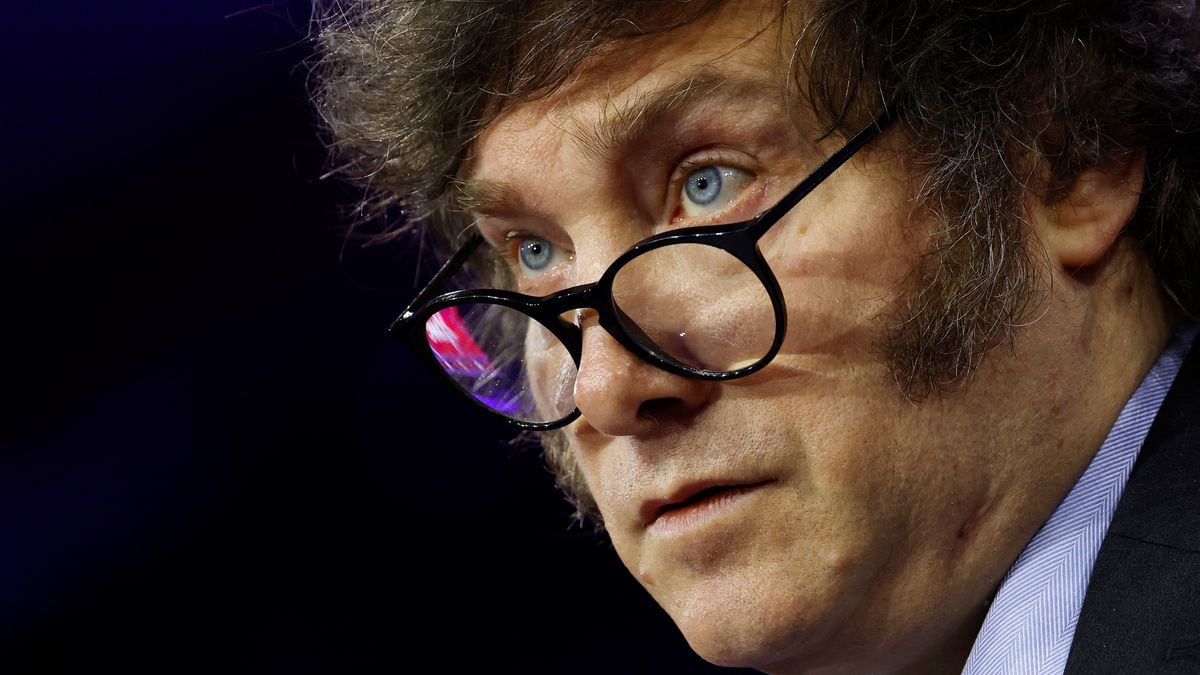Spanish grammar of the Royal Academy of the Language, published in 1771.SAMUEL SÁNCHEZ
More information
The hidden language;
by M. Vargas Llosa
When in a few months we have definitely left the pandemic behind, the digital transition will be the main driver of the recovery of the economy.
It will drastically change our lives;
more, if possible, than covid-19.
It is believed that next year or the next the digital economy will already have more weight than the traditional one in the planetary gross domestic product.
The revolution is already underway.
In that pressing race, the 483 million native Spanish speakers started with the advantage of speaking the same language. We must bear in mind that even the most refined and advanced machine learning or artificial intelligence programs need language to be truly effective. So the more and better we use Spanish in the next few years, the more we promote it and the more we teach machines to think in Spanish, the more possibilities we will have of attracting and even leading technological progress.
Rest assured that, from now on, our language is going to be our main economic asset, and also the most profitable, and I am not speaking only of Spain but of the entire Spanish-speaking community. Experts have already noticed this gravitational pull of language and its catalytic power. It is evident that Spanish has helped all the countries that speak it to generate a community of interests and influence that far exceeds the individual possibilities of each State.
It is very likely that sport, cultural impulse or leisure also contribute, but it is clear that the decisive factor is to share a language with a community of almost 500 million people and to increase their interest, knowledge and practice in other regions of the world ( Europe, Asia Africa). The best news is that Spanish is in a position to exponentially increase its current influence and reach. With the rise of data intelligence (big data), robotics, artificial intelligence, visual recognition, blockchains or exponential technologies, Spanish speakers face the greatest and most important opportunity to progress and gain global relevance.
Spanish is the second mother tongue in the world by number of speakers, only behind Chinese. After English and Chinese, it is the third in total tally of speakers. It is also the second language of international communication on the Internet, after English, and the second language acquired in non-English speaking countries. Now, it is worth remembering the difference that Julián Marías established between the multitudinous languages, those spoken by many people in a single country (China or India), and the universal languages, among which could be English, Spanish, French or Spanish. Portuguese.
But in the new competitive context, and with technology as a new element on the scene, the drive, support and resources that we dedicate to this issue will be key. It is no coincidence that the President of France, Emmanuel Macron, has been promoting the value of the Francophonie for several years and has presented a plan to position French as the second most widely spoken language, from the fifth place it occupies today. A plan with large-scale economic, human and logistical resources.
Also, in a lucid column a few weeks ago, the director of Eurointelligence.com, Wolfgang Münchau, lamented that Europe has allowed the United Kingdom and its media to make English the lingua franca of the EU.
It also warned that the British Government and its media, from a common euroscepticism, continue to a large extent to set the EU agenda.
In his opinion, Eurosceptics have been controlling the narrative of European construction for years.
That would be the true genesis of Brexit, and it still represents the main threat to community cohesion today.
That is why Münchau recommends creating a common European multilingual space, and this is where I am responsible for opening a paragraph, and underlining that Spanish should occupy a prominent place in the construction of this new story.
Until now, in Spain the digital transition and the defense of Spanish have gone their separate ways, but it seems that they are beginning to converge. The technological part is the responsibility of the Ministry of Economic Affairs and Digital Transformation, which has already presented several very relevant initiatives in connection with the Digital Spain Plan 2025, the most important of which is to get artificial intelligence to improve its Spanish skills until it places them at the same level of English.
The Cervantes Institute carries out a commendable job of supporting the teaching of Spanish in non-Spanish-speaking countries, and the Ministry of Education also develops countless projects to support the inclusion of Spanish as a second or third language in regulated education in different countries. The Royal Academy also plays a role, of course, just like the private sectors in the field of cultural, editorial or audiovisual content. And also the scientific community that investigates and disseminates in Spanish.
And yet I miss a greater involvement and coordination with the Latin American countries and with the Ibero-American General Secretariat. This should be an effort in which the sum of the capabilities and resources of all of us would make us even more competitive. It also remains to plan and quantify sufficient investments to prescribe our language and reinforce its relevance in machine learning and artificial intelligence.
Achieving such an ambitious goal requires leadership, coordination and execution skills, a high consensus on the roadmap, financial and organizational resources ... Perhaps the current structures fall short of this plan.
Perhaps it is time for a specific Ministry of the Spanish language, perhaps for a State pact, perhaps for a multinational alliance of Spanish-speaking countries, the latter project that could help revitalize the Ibero-American summits.
Another additional advantage of any of these initiatives would be the capacity of coordination and sponsorship of the Crown in the face of this new governance around Spanish.
It was a choice full of meaning that the first public act of the Princess of Asturias was on the thirtieth anniversary of the Instituto Cervantes.
Language has never been more important than right now.
With everyone's coordination and effort, if we manage to make Spanish one of the reference languages of artificial intelligence, Spanish-speakers will have a richer, more powerful and influential future every day.
José Antonio Llorente
is a founding partner and president of LLYC.

/cloudfront-eu-central-1.images.arcpublishing.com/prisa/7DSNRBOQVU7DATR2CMJ33A5CPE.jpg)






